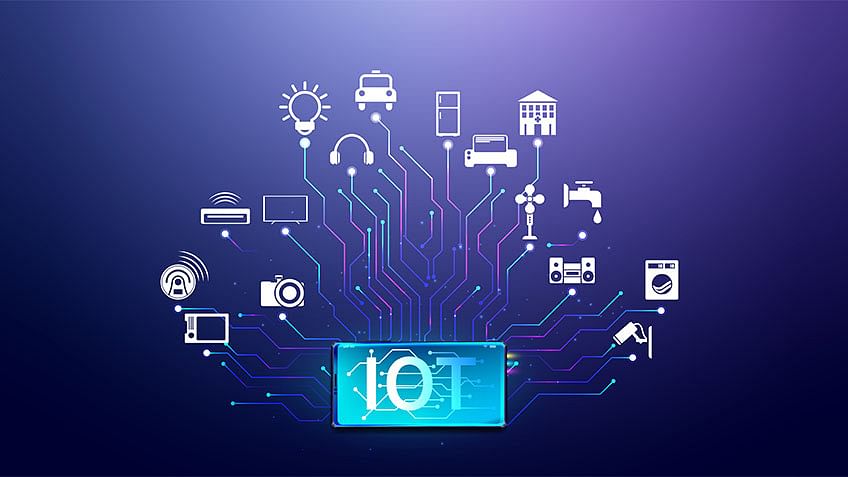
The Future of IoT: How the Internet of Things is Shaping Our World
IoT Internet of Things Smart Devices Technology Trends Connected Homes Industry 4.0 Automation Tech Innovations Smart Cities Future Tech
The Future of IoT: How the Internet of Things is Shaping Our World
The Internet of Things (IoT) has quickly become one of the most impactful technological advancements of our time. By connecting everyday objects to the internet, IoT is transforming industries, homes, and cities, creating a smarter, more interconnected world. But what does the future hold for IoT, and how will it continue to shape our lives?
What is IoT?
IoT refers to the network of physical devices, vehicles, appliances, and other items embedded with sensors, software, and connectivity that allows them to collect and exchange data. These "smart" devices can communicate with each other and with centralized systems, enabling automation, remote control, and real-time monitoring.
The Growing Impact of IoT
The impact of IoT is already being felt across various sectors:
- Healthcare: IoT devices are enabling remote patient monitoring, improving the management of chronic diseases, and enhancing personalized healthcare.
- Smart Homes: From smart thermostats to voice-activated assistants, IoT is making our homes more efficient, secure, and convenient.
- Manufacturing: IoT is driving Industry 4.0, where smart factories use connected machines to optimize production processes, reduce downtime, and enhance quality control.
- Transportation: Connected vehicles, smart traffic management systems, and logistics tracking are revolutionizing the transportation industry.
- Agriculture: IoT is enabling precision farming, where farmers can monitor soil conditions, crop health, and livestock, leading to more efficient and sustainable practices.
Challenges and Considerations
While IoT presents immense opportunities, it also comes with challenges:
- Security and Privacy: With more devices connected to the internet, the risk of cyberattacks increases. Ensuring the security and privacy of IoT devices is crucial.
- Interoperability: The vast number of IoT devices from different manufacturers often leads to compatibility issues, making it difficult to create seamless, interconnected systems.
- Data Management: IoT generates massive amounts of data, requiring robust data management and analysis tools to extract valuable insights.
The Future of IoT
Looking ahead, IoT is expected to continue its rapid growth, with billions of devices being connected in the coming years. Some of the key trends driving the future of IoT include:
- Edge Computing: By processing data closer to where it is generated, edge computing reduces latency and enhances the performance of IoT applications.
- 5G Connectivity: The rollout of 5G networks will provide the high-speed, low-latency connectivity needed to support the massive scale of IoT deployments.
- AI and Machine Learning: Integrating AI with IoT will enable more intelligent and autonomous systems, capable of making real-time decisions based on data.
- Smart Cities: IoT will play a central role in the development of smart cities, where connected infrastructure enhances urban living through better traffic management, energy efficiency, and public safety.
Conclusion
The Internet of Things is not just a buzzword; it's a transformative force that is reshaping our world. As IoT technology continues to evolve, it will unlock new possibilities and drive innovation across industries. By embracing IoT, we can create a smarter, more connected future.
Thank you for reading, and stay tuned for more insights and tips as we continue our tech journey together!